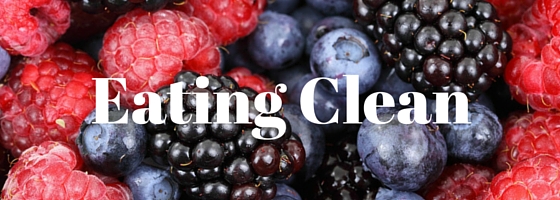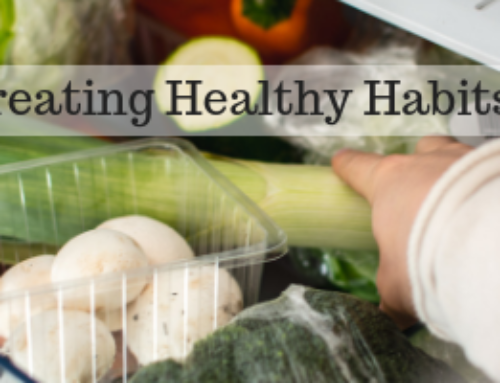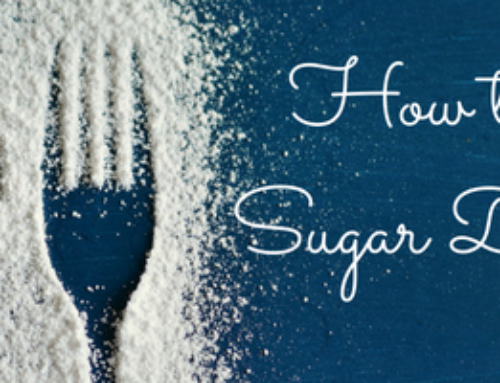I encourage my clients to eat organic foods as much as possible, but sometimes that isn’t always realistic. That is why knowing which produce carries the most pesticides, and which holds the least can be very helpful when you are navigating the produce section of your local grocery store.
Every year the Environmental Working Group (EWG) puts out a list of the produce that is contaminated with the most pesticide residues, called the “Dirty Dozen”, as well as the least amount of pesticide residues, called the “Clean Fifteen”. The EWG has just released new data for this year and strawberries top the list of produce with the highest level of pesticide. Apples, which had been ranked number one for five years straight, fell to number two.
It doesn’t surprise me that strawberries rank number one. Strawberries are delicate, and rains can damage the skins and allow fungus to grow quickly. Thus, a lot of fungicides are used on berries. But berries are one of my favorite fruits to eat and recommend. They are high in nutrients, antioxidants, and fiber, but low in sugar. A good rule of thumb is to always buy berries organic. Although this year strawberries were the only berry to be included in the “Dirty Dozen”, domestically grown blueberries ranked number 14, while imported blueberries ranked number 19, and raspberries ranked number 23.
Take note — of all the non-organic strawberries sampled, at least 98 percent, had detectable levels of pesticide residue, with 47 percent having residues of 10 or more pesticides. Some samples even had residues from 17 different pesticides. Yikes!
You can find a downloadable app from the EWG to put on your smartphone. This can be an easy and convenient way to assess the list while grocery shopping. Their website, www.ewg.org, also has a guide you can print, as well as more valuable information on this topic.
The Dirty Dozen
- Strawberries
- Apples
- Nectarines
- Peaches
- Celery
- Grapes
- Cherries
- Spinach
- Tomatoes
- Sweet Bell Peppers
- Cherry Tomatoes
- Cucumbers
The Clean Fifteen
- Avocados
- Sweet Corn
- Pineapples
- Cabbage
- Sweet Peas (frozen)
- Onions
- Asparagus
- Mangoes
- Papayas
- Kiwi
- Eggplant
- Honeydew Melon
- Grapefruit
- Cantaloupe
- Cauliflower
As always, if you found this blog post helpful, please share with family or friends.






